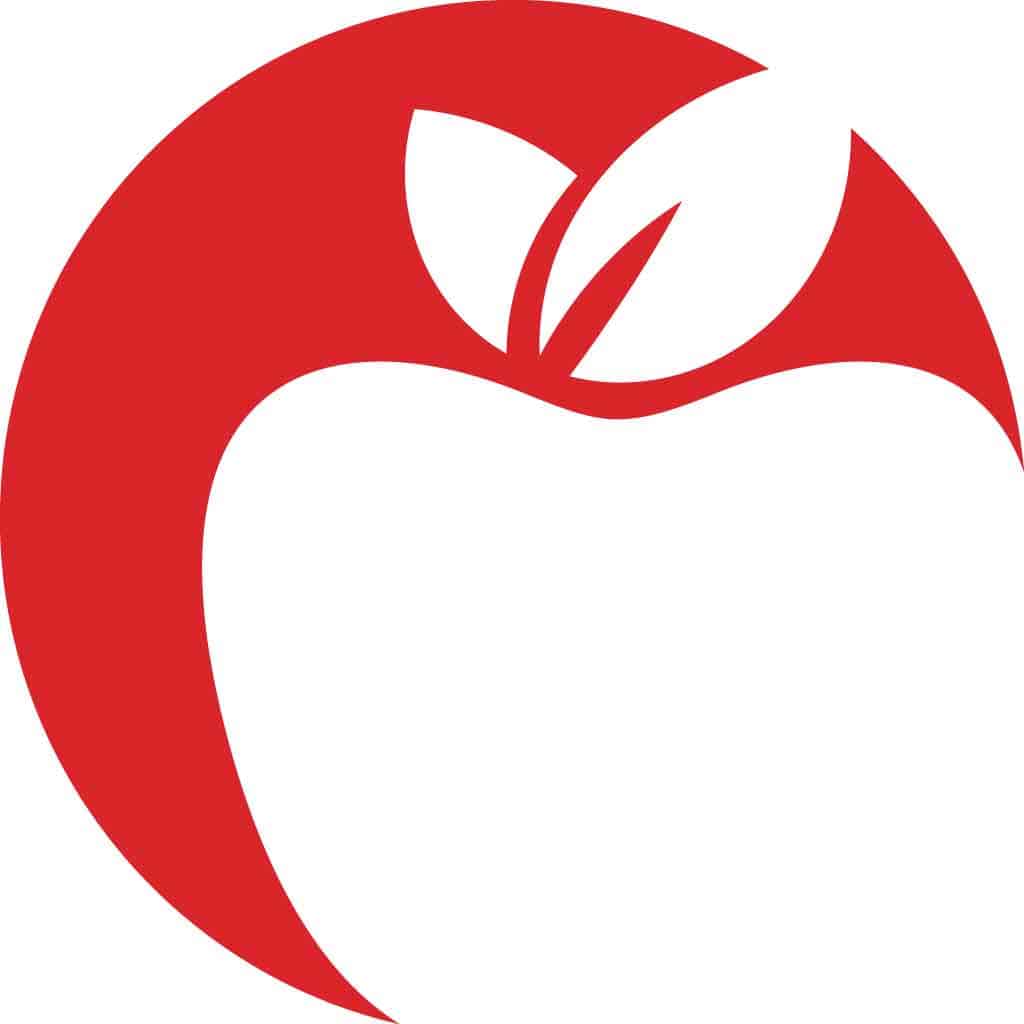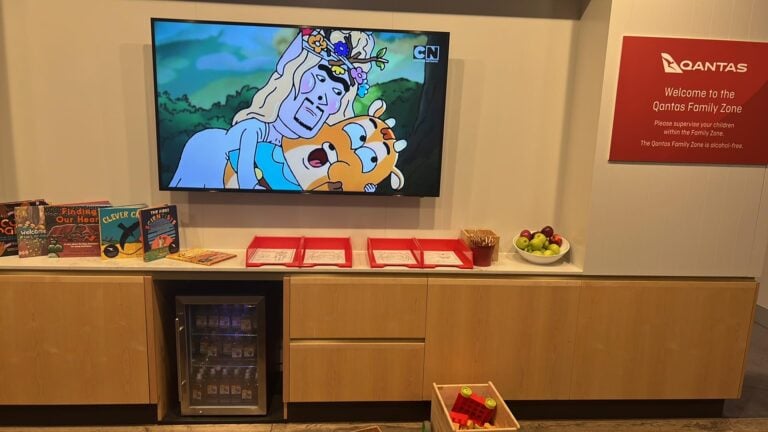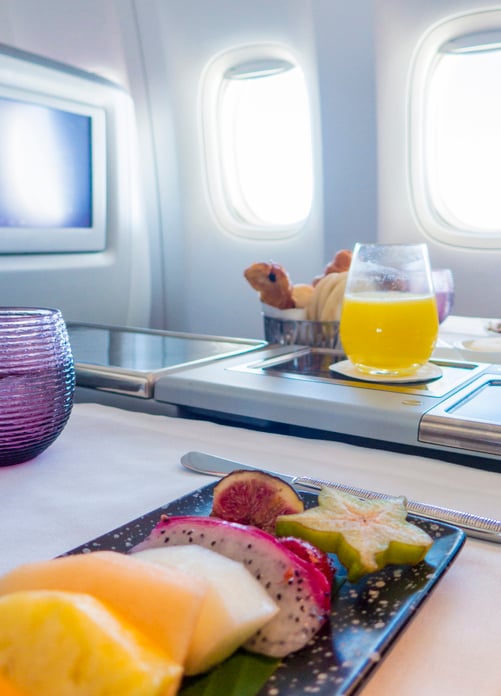Going for Melbourne marathon this Sunday? Well, you’ve trained hard, make sure you also have fueling strategies that will maximize your performance. Here are five race nutrition tips to help you get started:
- Carbohydrate load and taper off exercise 2-3 days prior to the race
Maximize your muscle glycogen so you can run at your optimal pace for longer and delay ‘hitting the wall’. Aim for 10-12g carbohydrate/kg body mass per day during loading period. Some ideas: Pancakes with jam or honey, flavoured milk, fruit juice, raisin toast, rice or pasta meal, ice cream.
- Have a hydration strategy
Do you know your sweat rate? Failure to hydrate adequately during race will increase fatigue, and can cause stomach discomfort. Tips to ensure hydration: sports drinks and water are the best options, begin drinking early on the day and sip small amounts continuously, 150-250ml every 15 minutes. After the race, drink 150% of any fluids lost during the run in the next 4-6 hours.
- Pre-race meal should be rich in carbohydrate and fluid
Examples for an early morning meal: 2 thick raisin toasts with a glass of fruit juice, 4 pikelets with jam and 750ml sports drinks, banana and liquid meal supplement such as Sustagen sport.
- Fueling during race
Experiment with foods/drinks that you’re comfortable with during the run. To provide continuous energy and prevent depletion of muscle glycogen, most people need 1-1.5g of carbohydrate per kg body weight per hour. So, a 70kg male runner will need 70-100g of carbohydrate an hour. Take a variety of food to prevent flavor fatigue. Some ideas: jam sandwiches on white bread, bananas, sports jells, bananas, sports drinks. NOTE: Please note we are not advocating white bread as an option for day-to-day eating. Low fibre options are best for during races to assist with digestive comfort. White bread should not be consumed regularly; wholegrain breads are what we recommend for general healthy eating.
- Re-fueling after the race
Replenish your muscle glycogen stores and include protein for muscle repair. Refrain from eating high fat meals with lots of alcohol after the race as it impedes your body from recovery. You don’t have to eat immediately after the race, but the meals/snacks following the marathon should include good quality carbohydrate, protein and plenty of fluids. Examples are: fruit smoothie, pasta with tomato based sauce, peanut butter and banana sandwich, baked potato with cottage cheese, baked beans on toast.
If you would like personalised nutrition advice for long distance running, please contact us to make an appointment with one of our sports dietitians.



